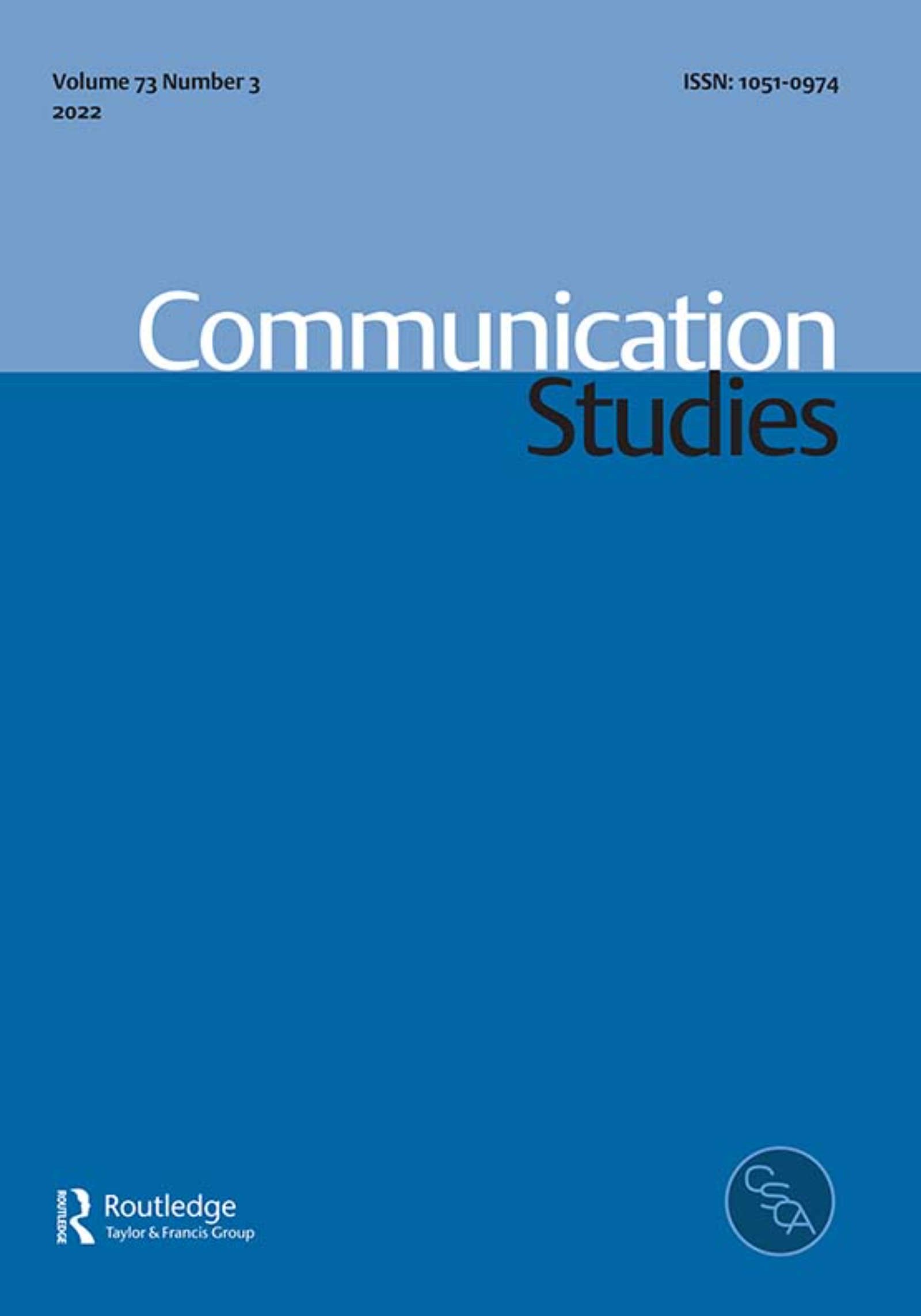“Agenda Dynamics on Social Media during COVID-19 Pandemic: Interactions between Public, Media, and Government Agendas” is an academic article by communications scholars Shuhuan Zhou and Xia Zheng that investigates how the agendas of Chinese media outlets, government authorities, and regular internet users influenced each other during the first seven months of the COVID-19 pandemic on the Chinese social media site Weibo, using the theoretical framework of agenda setting. Agenda setting theory posits that media reporting influences the topics that are popular in public discussion, although newer research has widened the scope of the theory to include other parties that influence public discussion such as government authorities, while strict state regulations on media reporting complicate agenda dynamics in China. As one of the most popular social media sites in China, various government departments and media outlets created accounts on Weibo to reach a wider audience, especially the younger generation. This study collected Weibo posts directly related to COVID-19 and the government’s pandemic response from government departments, news outlets, and the public between 31 December 2019 and 1 July 2020 to identify the key concerns of each group and agenda dynamics on Weibo during the pandemic.
The authors found that each group had different concerns regarding the pandemic, but the public agenda was the most influential, followed by the government agenda. The media mainly reported on medical staff and COVID-19 patients, with the function of supervising and publicizing frontline COVID-19 control and prevention work. Government departments focused on propaganda, promoting the successes in their pandemic response, including breakthroughs in COVID-19 treatments and lifting of quarantine restrictions following the eradication of the virus. The public was concerned with personal interests, such as how to protect themselves from the virus and how to reduce the economic impact of the pandemic. Regular Weibo users played an active role in distributing information, and collectively, users generated more information than the media and the government combined, such as accounts of individual experiences with COVID-19 and suggestions for improvement on pandemic policies, which the government occasionally incorporated into its evolving pandemic response.
The constraints of Weibo platform, namely, the text length limit, hindered the construction of government agendas as government authorities prioritized dispelling rumors and misinformation. Media agendas had a relatively low influence because media outlets had to submit COVID-19-related news to government authorities, such as the Epidemic Prevention and Control Command Center and the propaganda authority, for approval before release to the public. Health authorities were the primary source of updated COVID-19 information as mandated by Article 38 of the Law of the People’s Republic of China on Prevention and Treatment of Infectious Diseases, while media reports often lagged.
Due to the prevalence of social media in China and the high reliance the Chinese public had on it during the pandemic, social media platforms like Weibo became sites of contesting COVID-19 narratives. They gave the public the power to draw visibility to media or governmental agendas of their choosing and respond directly to them, which in turn had the potential to shape government policy and media reporting. During a time when breaking news and new pandemic policies were published frequently, social media solidified the public’s role as active consumers and dispensers of information.

Image Captions:
Cover image of Communication Studies, vol. 73, no. 3.Citation: Zhou, Shuhuan, and Xia Zheng. “Agenda Dynamics on Social Media During COVID-19 Pandemic: Interactions Between Public, Media, and Government Agendas.” Communication Studies, vol. 73, no. 3, pp. 211–228. bit.ly/4oIkvQm, NON-FICTION, SCHOLARLY ARTICLE | CHINA, US. ll
Source Type: Scholarship on COVID-19 Studies
Country: China and US
Date: 10-Jun-2022
Keywords: Agenda Setting, Agenda Dynamics, Governmental Social Media Use, Media Reporting, Twitter, and Weibo